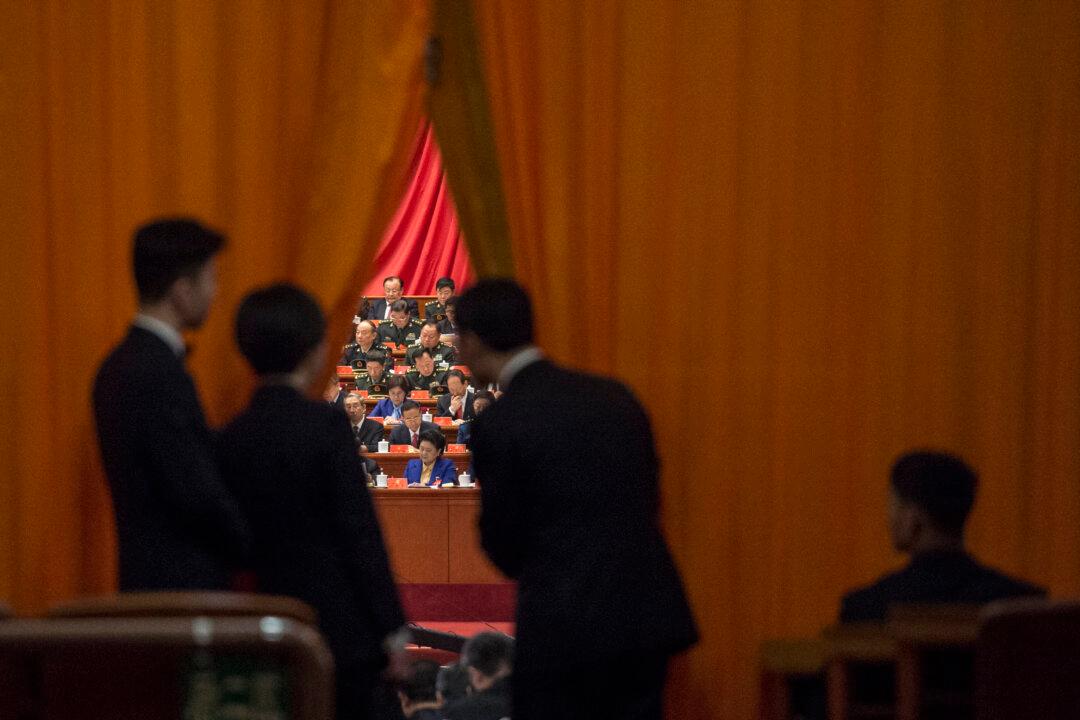A recent video from an official in China’s Henan Province has sparked outrage from Chinese netizens while a Chinese lawyer has condemned the lawlessness and heartlessness from communist party officials.
On Jan. 20, County Mayor Dong Hong announced his pandemic containment policy online for those planning to return home for the Chinese New Year holiday. He said they will be subject to “isolation and then detention.”





